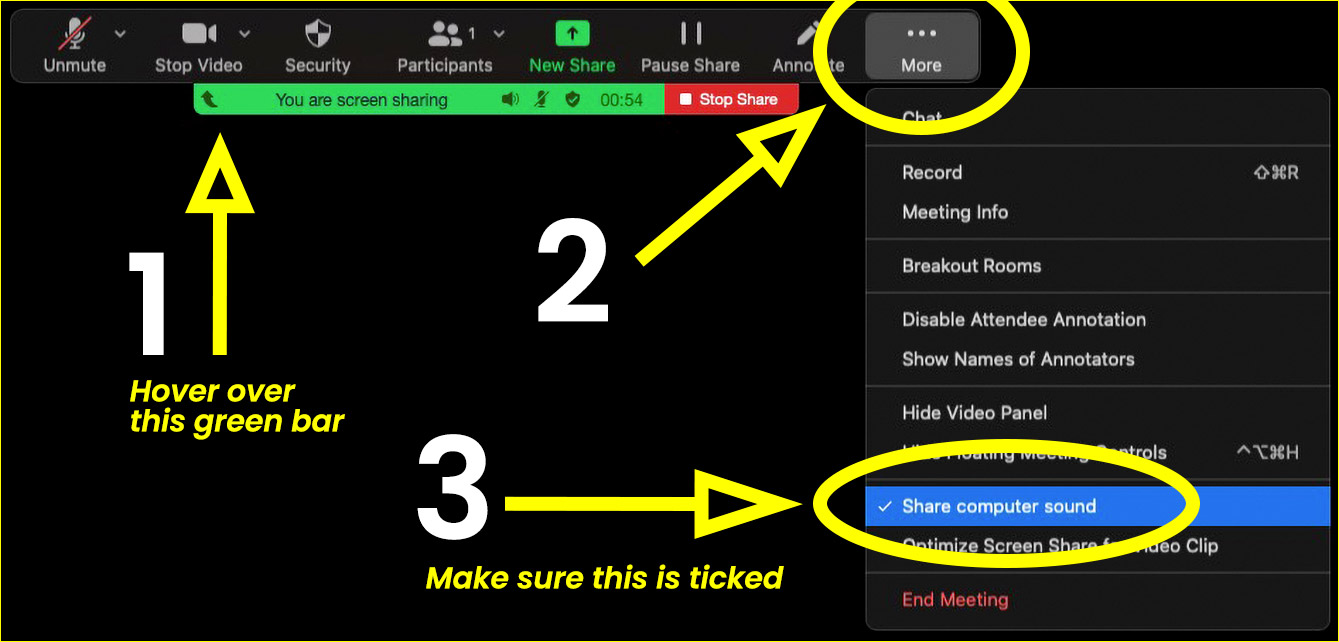Team bonding vs team building
Yep, they are different! They both serve to enhance your team, but in different ways.
We spend a lot of time designing and delivering team enhancing experiences. Through this process we have begun to understand there are two distinct categories that both require investment and attention to optimise employee productivity and build culture.
‘Team Building’ is the go-to term that has defined ‘time spent with colleagues to learn something / strategise / have fun / eat things in the same room / tick a box’. That is a lot of different objectives jammed into one category. We have broken this down further to help you understand the needs of your team and where you should be investing your time and money.
The defining difference between team building and team bonding exists in the desired outcome. To build your team is to directly invest in their skills and working dynamics to create more efficient and effective ways of working. To bond your team is to invest in shared experiences that serve to build culture, social cohesion and a shared team identity. Team bonding indirectly increases productivity and retention.
Beginning to think about team building and team bonding as separate needs within your learning and development structure can help you meet the strategic needs of your company more effectively.
What is Team Building?
‘Let’s learn something’
Team building is primarily about team learning and skill development. Whether that is a new communication skill, how to work as a team more effectively or learning more about colleagues’ work styles, all are seeking to fill skill and awareness gaps.
Team building is generally facilitated through direct learning exercises. The results of these are measurable when productivity is impacted after specific gaps or issues are rectified within a team. Often the skills addressed through team building are ‘soft’ rather than ‘hard or technical’ skills.
Clear Company conducted a corporate survey in 2014 that found 86% of employees and executives cite lack of collaboration or ineffective communication for workplace failures
When we run our team building simulations, Train Heist and Mastership Game, there is a great ‘ah-ha’ moment in which teams and individuals reach a new level of understanding around the strengths, communication styles and team dynamics at play. It is standard to hear teams talk about these new insights and relate them to everyday work together as we debrief what happened during the simulations.
It is always fantastic hearing teams speak of these learnings with such freedom. Perhaps this is a result of setting the learning simulations outside of the normal workplace (unless you are a detective or spy agency). In this way, the learnings are removed enough to be safer and more accessible. There are plenty of great reasons to invest in team building.
What is Team Bonding?
‘Let’s have fun together’
Team bonding is primarily focussed on shared experience. The positive flow-on effect of investing in shared experience to create a positive culture is quite profound.
A 2012 Gallup report found that those who enjoy social aspects of work and have friendships within the workplace can see increases of productivity and retention by upwards of 50%. Through strong social connections, people find greater meaning and purpose in their work.
When we follow up with teams who have experienced our social games; the Gatsby Gamble or Out of the Bottle, they consistently tell us that their team talk about the experience for months after. This shows us the power of a shared experience that contains moments of surprise, laughter and achievement. This combination is incredibly powerful in establishing the social connections mentioned in the Gallup report.
When to use Team Building or Team Bonding
Considering the distinction between team bonding and team building can inform where and when to invest. For example, if you have a newly formed team, investing in a team bonding experience can accelerate the creation of social connections and cohesiveness of the members. In contrast, if you have a well established team with some specific areas that need addressing, perhaps a team building activity focussed on a topic such as personality insights can help enhance productivity.
We consistently find that small, well targeted investments in team building and team bonding can yield big results. One of the secrets is making the right sort of investment at the right time!
And if in doubt, you can always ask us! We can help you identify what experience will help take your team to the next level.

